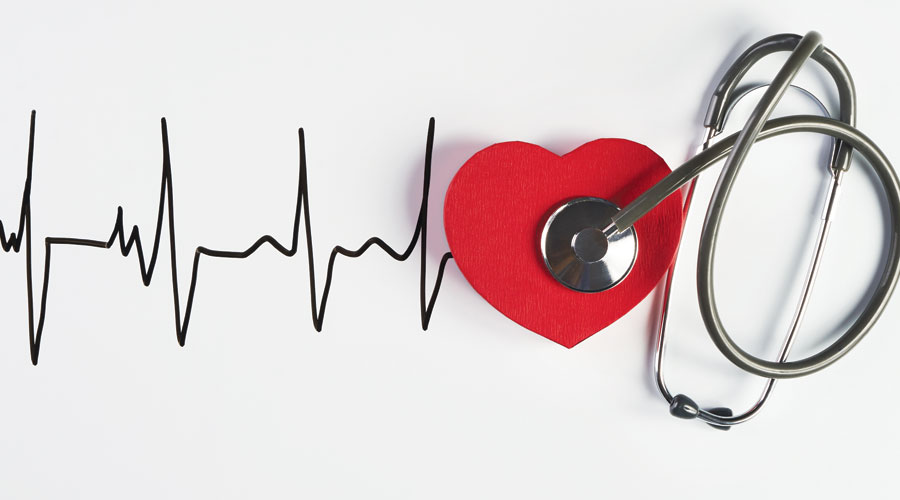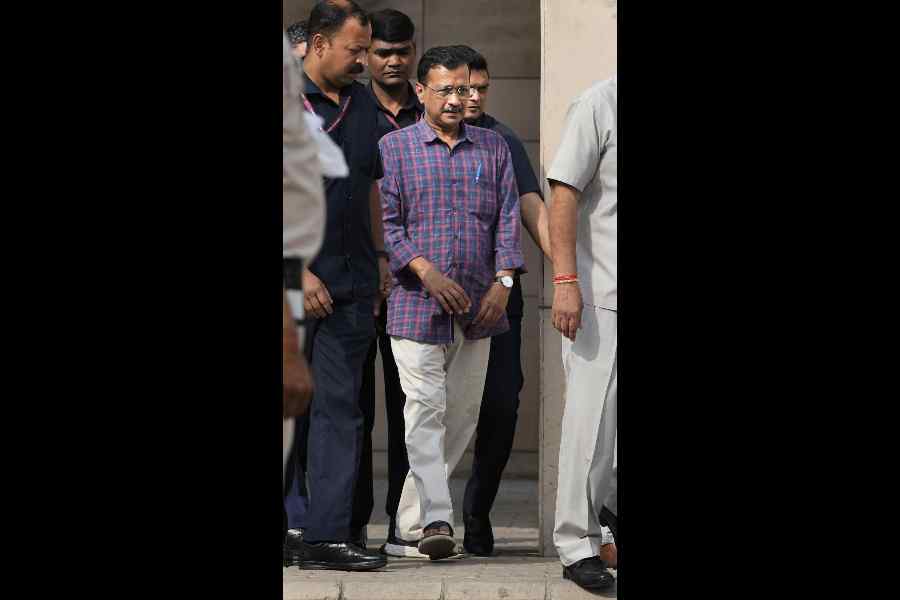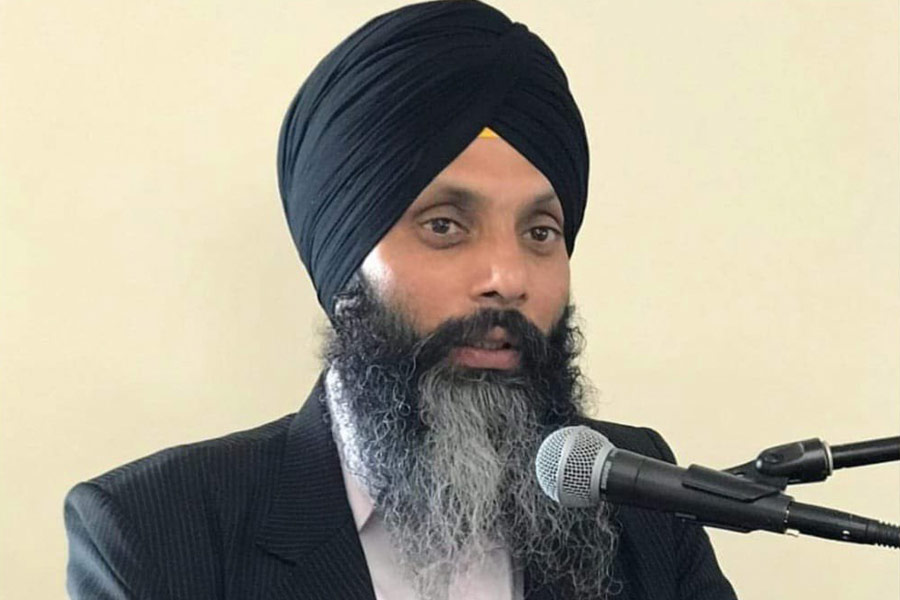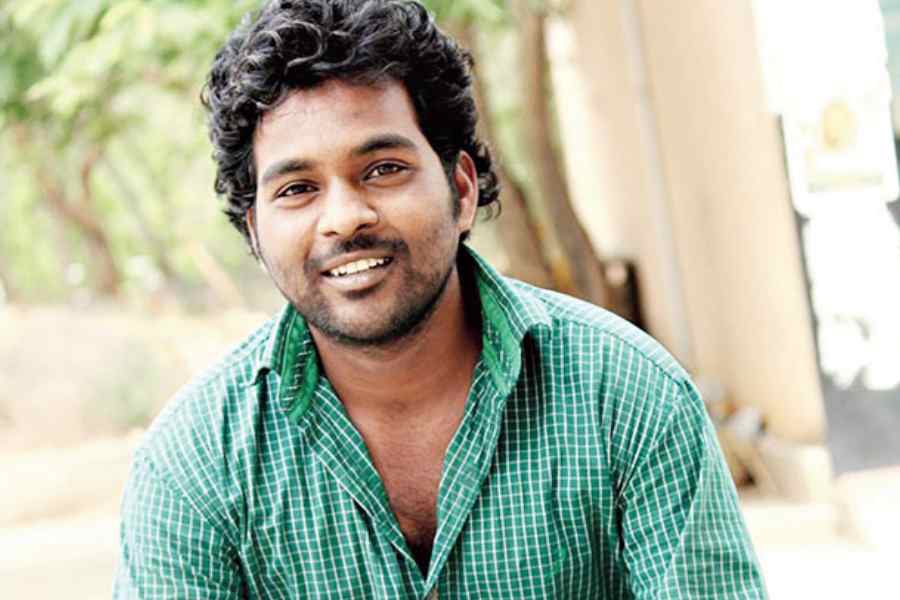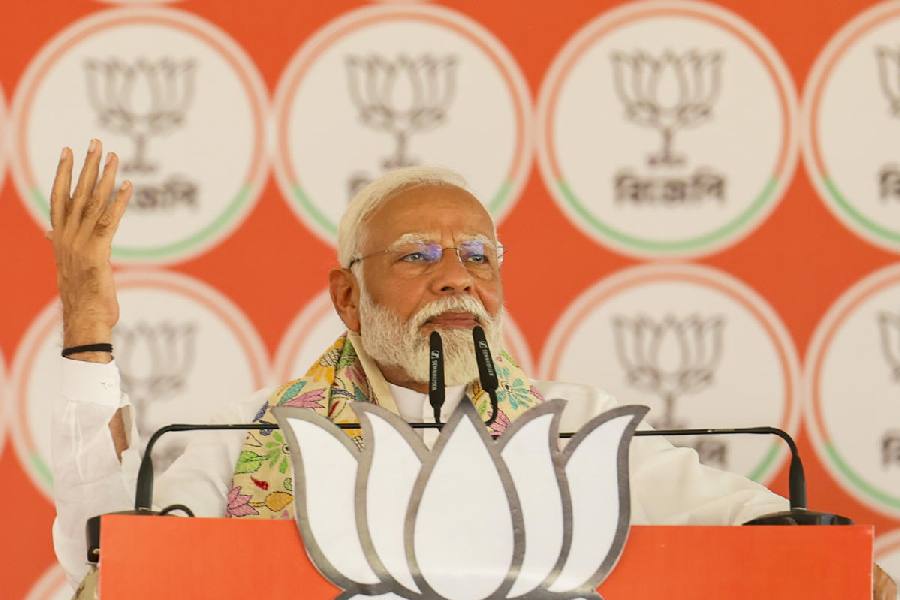If you develop chest pain at night, it is not the time to shy away from getting treatment. A lot of people are reluctant to go to hospitals now even in cardiac emergencies, says Debasis Ghosh, senior consultant at Apollo Gleneagles Hospitals.
“Covid-19, though a highly contagious and a nasty disease,” he points out, “has a mortality rate of two per cent worldwide while the death rate in an untreated complete heart block is 30 per cent. I lost a patient recently as he sat at home for a day.”
He admits that some hospitals, especially the smaller ones, which used to deliver important cardiac care, are reluctant to admit patients. “Because the Covid burden is slowly increasing in the community, every patient is being seen as a possible Covid-positive case. So hospitals have to worry about the health of their medical staff in case of exposure to an infected patient as well as possible intermixing with non-Covid patients. But with proper planning, it can be ensured,” he says.
Pacemaker for Covid patient
Ghosh shares the experience of implanting a pacemaker about two months ago in a patient who was found to be Covid-positive on admission. “We do not have the luxury of time in a cardiac emergency. An RT-PCR test to determine Covid status takes at least six to seven hours for the result to arrive. You have to begin treatment before that.”
This was the first such case handled at the hospital, he recalls. “The patient had been refused admission in three hospitals. Most hospitals had not planned things out yet. He reached us around 3am. He was having repeated cardiac arrests in the emergency. We created a green corridor through which the patient was taken from the emergency by staff in PPE (personal protective equipment). The corridor did not touch any ward of the hospital and led straight to a dedicated cath lab where the air-conditioner was isolated. A temporary pacemaker was put on him to save his life. He was then taken to a Covid-suspect ITU, again through the green corridor. There his Covid test was done. In the afternoon, we learnt his test had come positive. He was removed to a Covid ward we have created with its own ITU and CCU. But we could not let him continue with a temporary pacemaker. A permanent implant was necessary. We finished with all other cases for the day and then operated on him.”
The 68-year-old patient, a resident of Ganti near the airport, made good progress in his cardiac condition and was released five days later for a quarantine centre.
Apollo handles about 100 pacemaker implants a month. In the initial lockdown months, the figure, Ghosh says, had plummeted to about 25 per cent. “Now it has slightly picked up.”
Lifestyle cure
A heart block does not happen overnight. The process starts at least 10 years beforehand and progresses over time till a clot is formed, causing arterial rupture.
In the initial years, the situation is amenable to lifestyle changes. Of course, one cannot do much about genetics (if the family has a history of heart diseases) or gender (men are more liable than women). But there are reversible risk factors, like quitting smoking, control of blood pressure, blood sugar and cholesterol. There is no point in waking up to these conditions after having an attack. But if they are controlled in the early stages, it can be very effective.
Physical activity: Walk 4km at least four times a week. A walk in the park with mask on is perfectly safe.
Diet: Take low salt and low calorie food. You sit at home with nothing to do. A comfort activity in such circumstances is eating. So many are trying out new dishes on watching TV shows or the internet. This may lead to bingeing.
Gastric vs cardiac pain
The nerve that supplies the undersurface of the heart is the same as that which serves the upper surface of the stomach. So it might get difficult to distinguish between the two pains. But it is important to see who it is happening to and when.
A man who is a smoker and a diabetic having these symptoms at night is likely to suffer a heart attack. A 25-year-old who is stressed out and has irregular food habit is more likely to suffer from gastric ulcer rather than a heart attack.
Sweating does not happen with gastritis nor will one experience severe shortness of breath. If it happens in the middle of the night, that is another indicator.
In case or bloating, one or two burps and you will feel significant relief. But there is little relief from chest tightness or compression in case of a myocardial infraction. If you wake up from sleep in the middle of the night, sweating and with breathing trouble you are more likely to have a heart attack.

